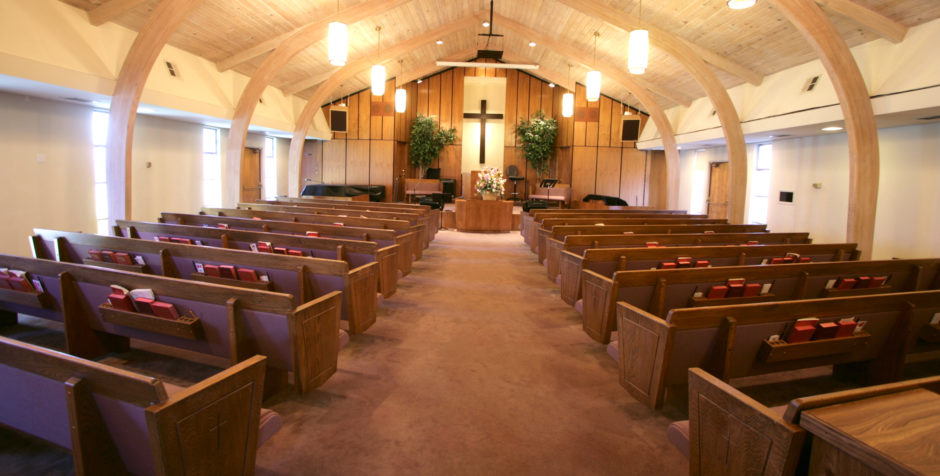City Planning Commission Doubles Down on Law Discriminating Against Churches – ACLJ Taking Action
The ACLJ currently represents two churches in Gaffney, South Carolina that have been prevented from occupying new properties and holding worship services due to an illegal and discriminatory provision in the City zoning ordinance. The provision specifically excludes religious organizations from occupying commercial and store front buildings in the Core Commercial (CC) zoning district of the City while permitting all secular organizations in the same district.
Thus, for instance, under the current provision, while any fraternal, political, or civic organization could choose to relocate to the CC district and hold weekly meetings and events in a building of its choice (subject to compliance with other regulations such as fire codes and occupancy limits), a church is not allowed to do the same.
In late November 2018, the ACLJ wrote a legal demand letter to the City notifying City officials that the City ordinance violated federal law, specifically the Religious Land Use and Institutionalized Persons Act (RLUIPA). RLUIPA prohibits the government from imposing or implement a land use regulation “in a manner that treats a religious assembly or institution on less than equal terms with a nonreligious assembly or institution.” 42 U.S.C. § 2000cc(b). In supporting the enactment of RLUIPA in 2000, Senators Hatch and Kennedy specifically recognized that
[t]he right to build, buy or rent space is an indispensable adjunct of the core First Amendment right to assemble for religious purposes . . . Churches in general, and new, small, or unfamiliar churches in particular, are frequently discriminated against on the face of zoning codes and also in the highly individualized and discretionary processes of land use regulation. Zoning codes frequently exclude churches in places where they permit theatres, meeting halls, and other places where large groups of people assemble for secular purposes. Or the codes permit churches only with individualized permission from the zoning board, and zoning boards use that authority in discriminatory ways.
See 146 Cong. Rec. S7774, S7775 (joint statement of Senators Hatch and Kennedy on the Religious Lane Use and Institutionalized Persons Act of 2000).
In light of RLUIPA’s clear prohibition on unequal treatment of religious organizations, the ACLJ’s legal letter to City officials demanded that the City remove the illegal provision and allow the churches to continue with their plans to lease buildings in the CC district. The City responded by encouraging our client churches to submit a proposal to amend the ordinance, so we did.
However, at the first hearing on the proposed amendment held earlier this week the City’s Planning Commission attempted to justify the illegal provision and voted 3-2 to keep the illegal provision. The request for amendment of the ordinance is scheduled to be heard next by the City Council on February 11, 2019. A team of ACLJ attorneys will attend the hearing and provide an update once the City Council has reached a decision. The ACLJ is prepared to file a lawsuit in the event the City Council, like the Planning Commission, votes to uphold the illegal provision.
We will not allow churches to be illegally discriminated against.
